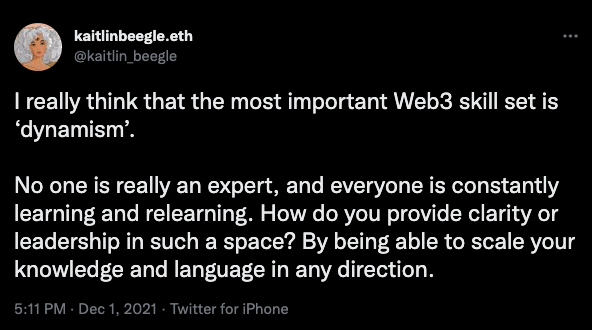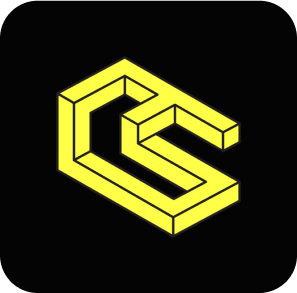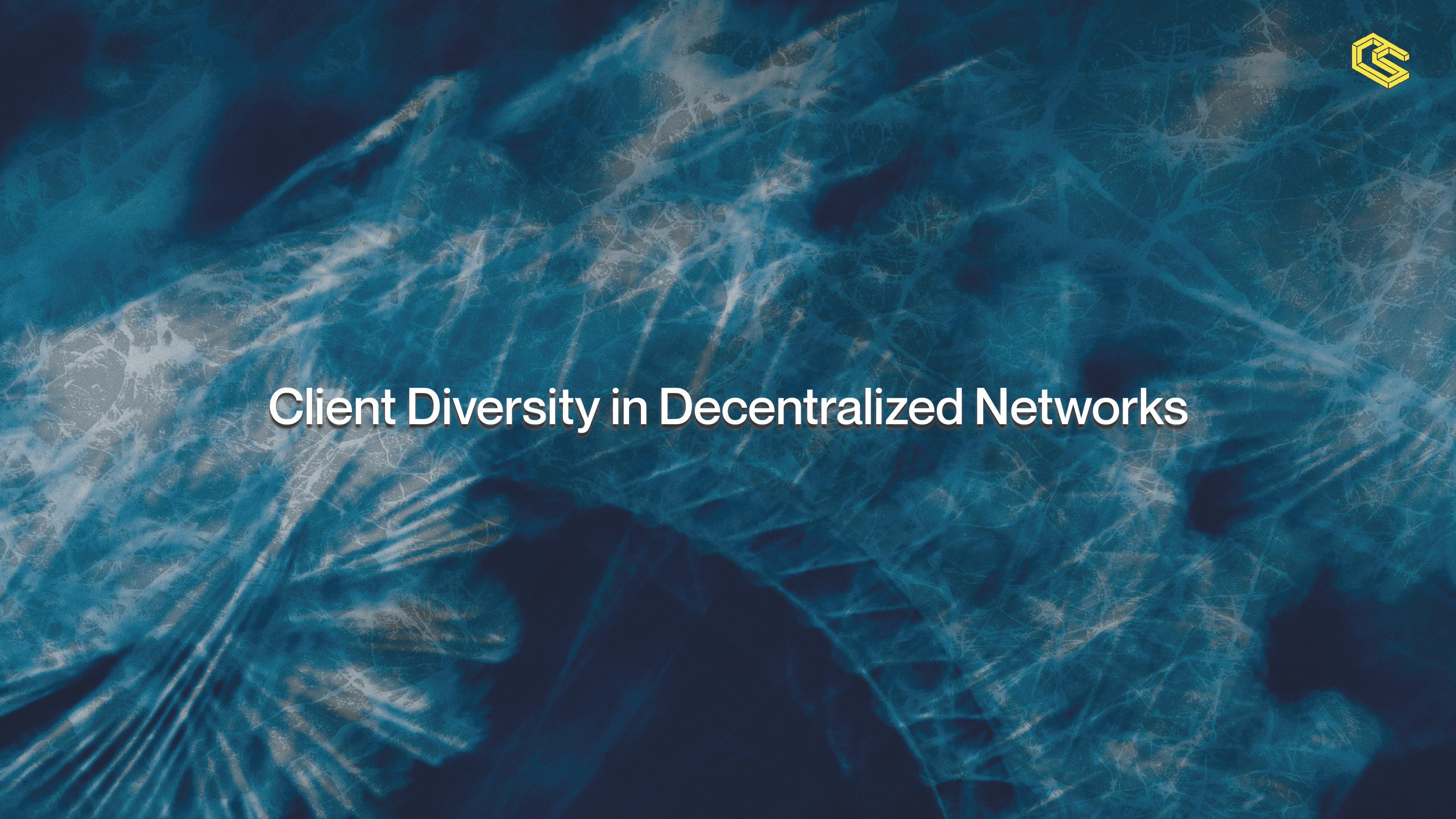Crypto Guilds: How to Create High-impact Learning Groups
Authored by Jon Roethke
In the last few years, ChainSafe has grown from a small startup to a team of more than 115 people scattered across the globe. During this growth, we've asked ourselves: what's the best way to share knowledge across a wide range of technical domains in a remote-first environment? So far, our best answer is guilds.
Historically, a guild is a group of craftspeople or merchants who banded together to share tricks of the trade. In our context, guilds are a place to learn, talk about experiences, and organically share knowledge, tools, code, and practice. ChainSafe has many active guilds, and their value is hard to overstate.
Guilds:
-
Facilitate knowledge sharing
-
Encourage loosely structured collaboration
-
Support the continuity of culture within an organization
-
Broaden the scope of potential projects
-
Improve documentation of novel technologies
-
Foster bonding in a remote environment
-
Allow developers to move between projects more easily
Accelerated learning
Onboarding is a challenge for every company. This is especially true in the blockchain space, given the quantity and velocity of information. In this context, guilds can be useful for people coming into an organization (or the industry) who want to accelerate their understanding. Starting from scratch is daunting. Leveraging the experience of others makes things more manageable. And this is true for tenured people as well.

Sometimes ChainSafe guilds feature an organized presentation, sometimes, they're a free-flowing conversation, but the ethos doesn't change. We aim to foster informal, low-pressure, friendly spaces to stimulate connection, build foundational knowledge, and integrate new people into the company.
Our suggestion
Encourage bite-sized presentations with an emphasis on conversation rather than a typical unilateral presentation with Q&A at the end. It's easy to tune out when a presentation is being delivered and harder to do so when there's a dialogue and everyone feels involved.
For this to work, guild members must feel comfortable enough to ask questions that may seem obvious to those more well versed in the subject matter. Bottom line: make it a conversation, make things comfortable, and remember, diversity of thought is critical for innovation and effective learning.
Interconnectedness
ChainSafe is a remote-first company, and we comprise a wide range of expertise, experience, and goals. In such an environment, building and maintaining culture is a challenge, as is creating a knowledge-sharing framework that actually works.
Guilds allow developers to move between projects easily and, if desired, get up to speed on different technologies. Guilds also give people more exposure to differing perspectives, strengthening leadership and strategy abilities. And in this sense, guilds can serve as the glue that keeps a company together - providing economies of scale without sacrificing too much autonomy or forcing too many (oft-groan-worthy) team-building activities. All of which is critical in a remote environment.
Our suggestion
Intra-company connection is not something that can be forced, a fact that many organizations seem to misunderstand. Guilds, if done correctly, provide space for interconnectedness to grow organically. It is not forced because of any contrived agenda but because it's human to want to connect with one another.
Continuous integration
Rapidly evolving industries require constant learning. There are crypto conferences and other meetups, but they can be infrequent, costly, lacking in-depth, or more for socializing. In between these conferences and other types of continuing education, ChainSafe leverages guilds to fill the void.
Guilds are a way to build collective knowledge, allowing people to contribute what they know, like a group working on a puzzle. One of the animating ideas behind our guilds comes from continuous integration, the practice of automating the integration of code changes from multiple contributors into a single software project. We've taken the concept beyond code and applied it to information and know-how.
Guilds also serve as a venue to talk things through, catering to different learning styles and solidifying understandings. At best, a guild is a place where you know you'll have fun and walk away with a download of new, valuable information while seeing familiar faces and talking with colleagues you may not have the opportunity to regularly interact with.
Our suggestion
Be inclusive. Start small, keep it informal, and disarming. Allow people to join from varying backgrounds to create a collaborative environment where people feel comfortable sharing what they're learning. Ideally, over time, the philosophy of knowledge and information sharing fostered within these intimate gatherings will take on an energy of its own and spread across the organization.
Reduced central points of failure
Blockchain people like to go on and on about centralization risks, fault tolerance, etc. And indeed, we have a newsletter called "Centralization Strikes Again" (subscribe!). But the fact is, guilds are valuable for their ability to democratize information.
Let's take a team lead or senior developer leaving a company as an example. If they do their job well and provide documentation, someone can come after and understand what they were doing. But in many cases, losing such a person means almost all their knowledge exits at the same time.
Guilds are an antidote to this, allowing senior people to share information more widely and encouraging non-team leads to grow their understandings without feeling like they are overstepping leadership.
By having these working groups within an organization, knowledge gets distilled into smaller, more understandable pieces, points of failure are reduced, and information siloing gets disrupted.
Our suggestion
The final suggestion is to not take on too much at the start. A guild for every aspect of a company is unnecessary. It's better to identify one or two core topics to an organization's mission and experiment on a small level (i.e., proof of concept) whereby things can be analyzed, tweaked, and then refined.
The knee-jerk reaction to spin up multiple guilds might seem like a great idea, but what happens if these guilds don't get traction or receive adequate care? It's easy to end up with expectations > reality = disappointment, which loosely equates to a lower probability that future ideas will be considered.
About ChainSafe
ChainSafe is a leading blockchain research and development firm specializing in infrastructure solutions for the decentralized web. Alongside client implementations for Ethereum, Polkadot, Filecoin, and Mina, we're building a portfolio of web3 products - Files, Storage, web3.unity, and more. As part of our mission to build innovative products for users and better tooling for developers, ChainSafe embodies an open source and community-oriented ethos. To learn more, click here.

